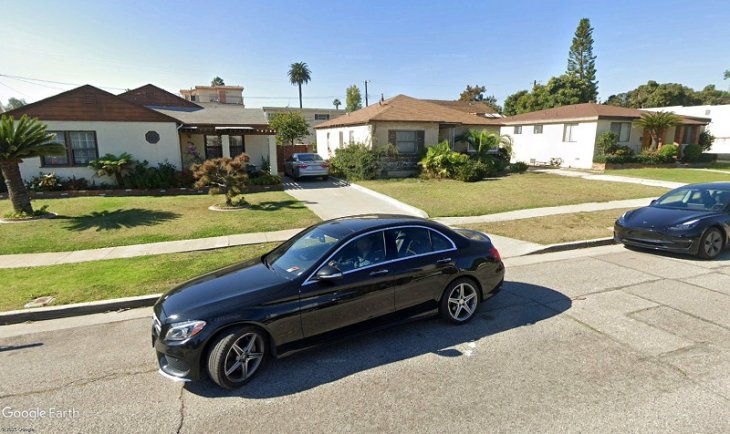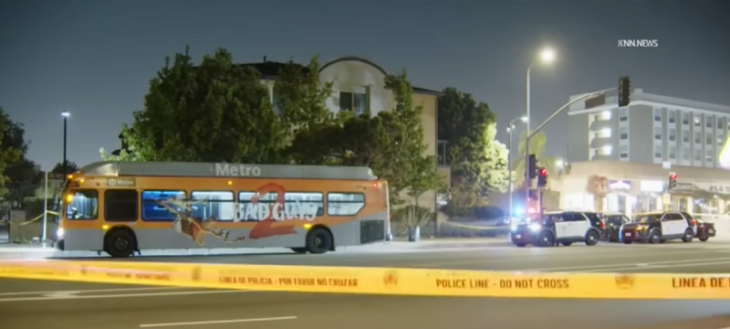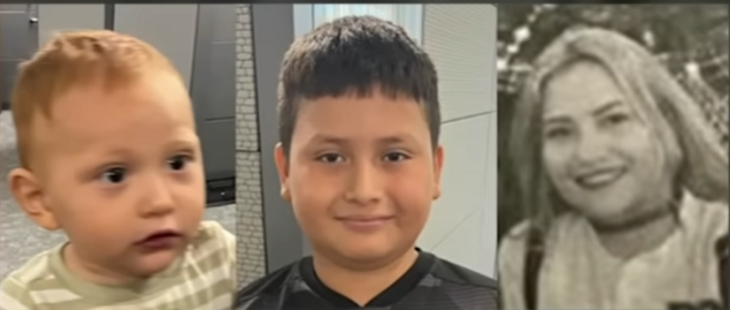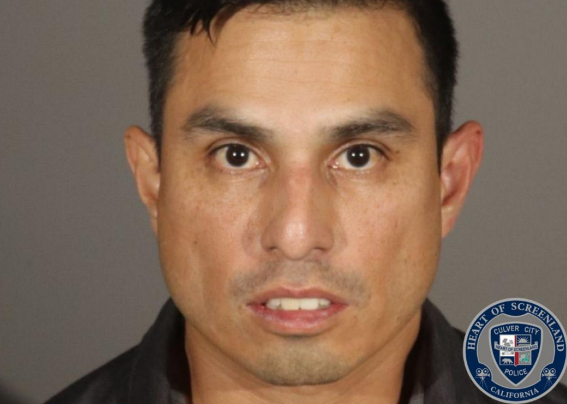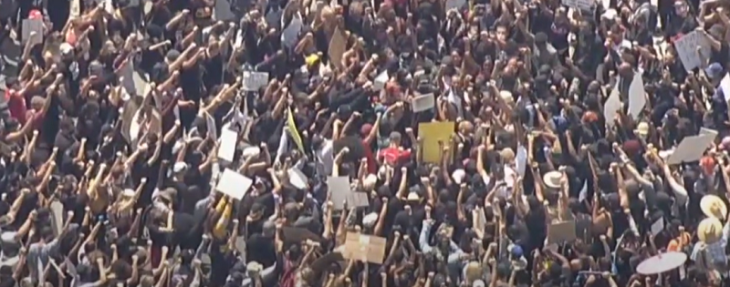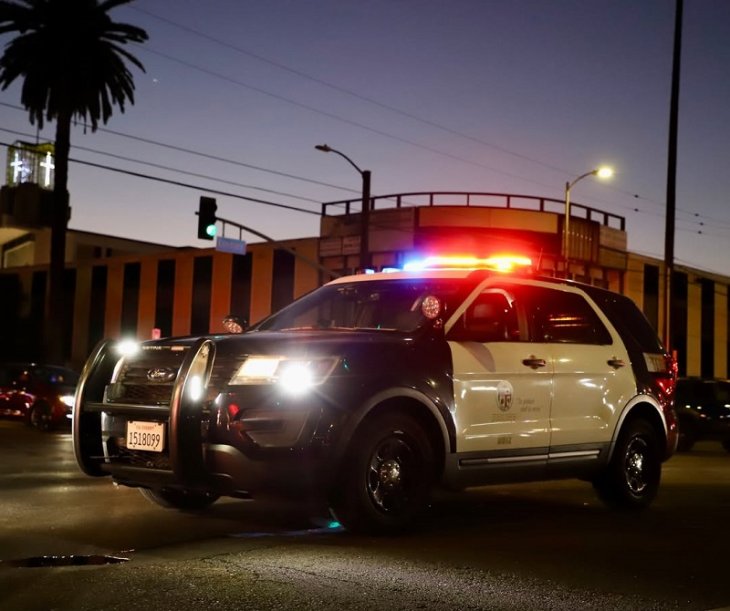The Board of Supervisors agreed today to set aside $20 million for diversion programs designed to treat, rather than jail, mentally ill offenders.
The allocation was one of several made as the board finalized changes to its 2014-15 budget.
Supervisor Mark Ridley-Thomas recommended funding alternatives to incarceration, including mental health services, substance abuse treatment, job counseling and supportive housing for the mentally ill.
“We know that jail is not the best place to treat the mentally ill and substance abusers,” Ridley-Thomas said. “Jail only makes the mentally ill sicker, and this county has not been able to figure out how to keep them stabilized and healthy.”
Mentally ill people are jailed at higher rates than others and the numbers are outpacing the county’s ability to properly treat them. Officials say there are 3,500 mentally ill inmates in the county jails on any given day.
They typically have a hard time making bail and their cases take longer to resolve.
The Department of Justice has said it will seek court oversight of the county’s treatment of mentally ill inmates, citing high levels of suicides and other failures.
District Attorney Jackie Lacey is spearheading efforts at reform, and her recommendations on diversion are expected later this fall. The $20 million is being set aside in anticipation of her report.
Proponents of diversion say it is both more humane and less expensive than jail.
“Unnecessarily jailing people with mental illness is not only expensive, because they can be treated for a fraction of the cost using community-based programs,” Ridley-Thomas said. “But it is also harsh and insensitive and, dare I say, inhumane. Having an untreated mental illness should not be a crime.”
Supervisor Zev Yaroslavsky pointed out that a pilot diversion program is already underway in Van Nuys.
By choosing to complete a diversion program, chronically homeless or seriously mentally ill people who commit select misdemeanor or low-level felony offenses can avoid jail time.
The diversion program runs from 90 days to 18 months, depending on the offense, and participants are offered transitional housing and support services such as health and mental health care.
It’s directed at chronically homeless and seriously mentally ill persons. I think it’s clear that that’s the way we have to go to make a program
like this work; otherwise you don’t really address the root causes,” Yaroslavsky said.
Efforts are also underway in the Second District, which Ridley-Thomas represents. The Martin Luther King Jr. Mental Health Urgent Care Center opened
earlier this month, offering a one-stop shop for those in crisis due to a mental illness. Patients can receive psychiatric evaluation, crisis intervention, substance abuse counseling and medication support from an on-site team of experts.

